Here are the 150 essential recordings of the first 50 years of rock & roll, 1954-2003: 100 albums & 50 singles not already on those albums. Together they form the canon of the basic rock & roll library.
A few things worth noting to help keep the list focused and streamlined:
- There is only rock music. Early influences (such as Robert Johnson, Hank Williams, or Billie Holiday) and contemporary influences of other genres (like Miles Davis, Muddy Waters, or Johnny Cash) were all left out.
- I went by the classic titles. As a purist, I included the long-held classics of the genre (such as Elvis Presley's The Sun Sessions and The Beach Boys' Endless Summer) even if they were long out-of-print; in such cases, I included a footnote to a modern substitution that is its closest in-print equivalent.
- I avoided multi-disc & multi-artist compilations. I wanted the list of 100 albums to actually be 100 CDs, with no cheating on extra discs. Furthermore, if an artist didn't merit an album, they were included in the singles section, as opposed to a compilation that may cover several of them.
- I usually went by the artist over the title. By this rule, I left out some classic albums (Love's Forever Changes and Carole King's Tapestry) to make sure I had room for artists who merited inclusion despite not having an album that was as much as a stone-cold classic (Jerry Lee Lewis and Janis Joplin).
- I tried to keep the number of entries per artist balanced. Only The Beatles have five albums; Bob Dylan & The Rolling Stones each have four, & only Elvis & Jimi have three. Of the rest, only Elvis, Jimi, Aretha, The Who, Zeppelin, Springsteen, & Wonder have two. This is when each LP is a classic in their own right (i.e., Springsteen's Born To Run and Born In The USA) &/or it helped to show the performer's range (i.e., The Who getting an early greatest hits as well as Who's Next). Each artists' number of possible singles in the 45s list correlates to the number of albums in the LPs list.
- Finally, artists are represented in the era by which they are most associated—and not necessarily the era in which their albums were released. After each album title is the label upon which it was released followed by the date the album came out. If the album is a compilation that covers several years, the spanning years are written before the release date.
Like anything else, the rest ultimately came down to my own judgment. The whole process was obsessive, agonizing, and conflicted—but hey, that's half the fun.
So here is the canon of rock and roll music—the rock, as it were, upon which rock and roll rests.
Part 1: The LPs.
The 1950s.
Chuck Berry: The Great Twenty-Eight*
(MCA, 1955-1965/1982)
Ray Charles: The Best Of The Atlantic Years
(Atlantic, 1954-1959/1994)
Hear Brother Ray invent soul music over three discs of his Atlantic Records masters, from the hard rhythm and blues of "I've Got A Woman" through the secular gospel of "Hallelujah, I Love Her So" and the archetypal funk of "What'd I Say."
Sam Cooke: The Best Of
(RCA, 1957-1962/1962)
Fats Domino: My Blue Heaven: The Best Of*
(EMI, 1949-1961/1990)
The Everly Brothers: Cadence Classics: Their 20 Greatest Hits
(Rhino, 1957-1960/1990)
Buddy Holly: 20 Golden Greats*
(EMI, 1956-1958/1978)
Jerry Lee Lewis: Original Golden Hits, Vol. 1 & 2*
(Collectables, 1956-1962/1999)
Little Richard: Here's Little Richard*
(Specialty, 1955-1956/1957)
Roy Orbison: For The Lonely: 18 Greatest Hits**
(Rhino, 1956-1964/1990)
Elvis Presley: The Sun Sessions*
(RCA, 1954-1955/1976)
A weird 19-year-old truck-driver named Elvis cuts ten perfect singles—including "That's All Right," "Good Rockin' Tonight," "Baby, Let's Play House," and "Mystery Train"—that define rock and roll and completely change the course of popular music.
Elvis Presley: Elvis' Golden Records*
(RCA, 1956-1957/1957)
Elvis Presley: From Elvis In Memphis
(RCA, 1969)
After ten years in the desert of bad movies and soundtracks, the Kid grows up, goes home, & makes the finest studio recordings of his life—old enough to give weight to "Long Black Limousine" & "In The Ghetto," but young enough to still reclaim his title as King.
The 1960s.
The Band: The Band
(Capitol, 1969)
The Beach Boys: Endless Summer**
(Capitol, 1962-1966/1974)
The Beach Boys: Pet Sounds
(Capitol, 1966)
The Beatles: Meet The Beatles!
(Capitol, 1964)
The American soundtrack to Beatlemania, with both sides of their breakthrough hit ("I Want To Hold Your Hand" & "I Saw Her Standing There"), a standard ("Till There Was You"), & some of the most exciting music of the era ("It Won't Be Long," "All My Loving").
The Beatles: Rubber Soul
(Capitol, 1964)
The American soundtrack to Beatlemania, with both sides of their breakthrough hit ("I Want To Hold Your Hand" & "I Saw Her Standing There"), a standard ("Till There Was You"), & some of the most exciting music of the era ("It Won't Be Long," "All My Loving").
The Beatles: Rubber Soul
(Parlophone, 1965)
The Beatles: Revolver
(Parlophone, 1966)
The Beatles: Sgt. Pepper's Lonely Hearts Club Band
(Parlophone, 1967)
The Beatles: Abbey Road
(Apple, 1970)
James Brown: Live At The Apollo
(King, 1963)
James Brown: 20 All-Time Greatest Hits!
(Polydor, 1956-1984/1991)
Nothing less than a 20-song history of modern African American music, from hard R&B ("Please, Please, Please") to fiery soul ("I Got You (I Feel Good)") to hot funk ("Get Up (I Feel Like Being A) Sex Machine") to proto-rap ("The Payback"); endlessly sampled, but never equalled.
The Byrds: Greatest Hits
(Columbia, 1965-1967/1967)
Cream: Disraeli Gears
(Reaction, 1967)
The Doors: The Doors
(Elektra, 1967)
 Beginning with "Break On Through," climaxing on "Light My Fire," and closing with "The End," the archetypal statement of sex, drugs, and rock and roll—or, the brooding darkness hidden just under psychedelic rock's diamond sky that set the stage for the rest of the decade.
Beginning with "Break On Through," climaxing on "Light My Fire," and closing with "The End," the archetypal statement of sex, drugs, and rock and roll—or, the brooding darkness hidden just under psychedelic rock's diamond sky that set the stage for the rest of the decade.
Bob Dylan: Bringing It All Back Home
(Columbia, 1965)
Bob Dylan: Highway 61 Revisited
(Columbia, 1965)
Bob Dylan: Blonde On Blonde
(Columbia, 1966)
Bob Dylan: Blood On The Tracks
(Columbia, 1975)
With his marriage in shambles, Dylan shuffled this albums together from half-electric ("Tangled Up In Blue," "Idiot Wind") & half-acoustic ("A Simple Twist Of Fate," "Shelter From The Storm") stunners that stand as his finest work since the 1960s.
Aretha Franklin: I Never Loved A Man The Way I Loved You
(Columbia, 1975)
With his marriage in shambles, Dylan shuffled this albums together from half-electric ("Tangled Up In Blue," "Idiot Wind") & half-acoustic ("A Simple Twist Of Fate," "Shelter From The Storm") stunners that stand as his finest work since the 1960s.
Aretha Franklin: I Never Loved A Man The Way I Loved You
(Atlantic, 1967)
The fervor of the church meets the fire of the bedroom on songs like "Respect," "Drown In My Own Tears," "Do Right Woman, Do Right Man," and the title track, which double as Aretha's arrival as an R&B powerhouse and what many consider the greatest soul album ever made.
Aretha Franklin: Lady Soul
(Atlantic, 1968)
Marvin Gaye: What's Going On
(Tamla, 1971)
The Grateful Dead: American Beauty
(Warner Brothers, 1970)
Jimi Hendrix: Are You Experienced
(Reprise, 1967)
Jimi Hendrix: Axis: As Bold As Love
(Reprise, 1967)
An underrated "sophomore slump" that most bands would kill to have be their finest album, Hendrix digs in & deepens the textures—both lyrically & musically—on "Spanish Castle Magic," "Little Wing," "Castles Made Of Sand," & the staggering "If 6 Was 9."
Jimi Hendrix: Electric Ladyland
(Reprise, 1967)
An underrated "sophomore slump" that most bands would kill to have be their finest album, Hendrix digs in & deepens the textures—both lyrically & musically—on "Spanish Castle Magic," "Little Wing," "Castles Made Of Sand," & the staggering "If 6 Was 9."
Jimi Hendrix: Electric Ladyland
(Reprise, 1968)
For the first and only time in his all-too-brief career, Hendrix received unlimited studio time and came up with this, a 2-LP exploration of love, rock, and sci-fi, which peaked with "All Along The Watchtower," the greatest Dylan cover ever—and somehow, Hendrix's only US Top 20 hit.
Janis Joplin [with Big Brother & The Holding Company]: Cheap Thrills
(Columbia, 1968)
 The arrival of rock's greatest white female singer—she dressed like a hippie and shouted like a rocker, but remained a blues singer down to her tortured soul, on hard rock ("Piece Of My Heart"), slow-burning standards ("Summertime"), & heavy blues ("Ball & Chain").
The arrival of rock's greatest white female singer—she dressed like a hippie and shouted like a rocker, but remained a blues singer down to her tortured soul, on hard rock ("Piece Of My Heart"), slow-burning standards ("Summertime"), & heavy blues ("Ball & Chain").
The Kinks: Greatest Hits**
(Rhino, 1964-1966/1990)
Otis Redding: Otis Blue: Otis Redding Sings Soul
(Atco, 1965)
The King Of Soul's finest hour, as he reinterprets old hits ("A Change Is Gonna Come"), sets up new ones ("Respect"), takes on the rockers at their own game ("Satisfaction"), and ruminates on love and loss as only he can ("I've Been Loving You Too Long").
Smokey Robinson & The Miracles: Going To A Go-Go
(Tamla, 1965)
The Rolling Stones: Big Hits (High Tide & Green Grass)
(London, 1964-1966/1966)
 The Rolling Stones don't so much arrive in pop culture as they do assault it, blasting consumerism ("Get Off Of My Cloud"), sex ("Heart Of Stone"), class ("Play With Fire"), &, on their signature "(I Can't Get No) Satisfaction," all of the above.
The Rolling Stones don't so much arrive in pop culture as they do assault it, blasting consumerism ("Get Off Of My Cloud"), sex ("Heart Of Stone"), class ("Play With Fire"), &, on their signature "(I Can't Get No) Satisfaction," all of the above.
The Rolling Stones: Beggars Banquet
(London, 1964-1966/1966)
 The Rolling Stones don't so much arrive in pop culture as they do assault it, blasting consumerism ("Get Off Of My Cloud"), sex ("Heart Of Stone"), class ("Play With Fire"), &, on their signature "(I Can't Get No) Satisfaction," all of the above.
The Rolling Stones don't so much arrive in pop culture as they do assault it, blasting consumerism ("Get Off Of My Cloud"), sex ("Heart Of Stone"), class ("Play With Fire"), &, on their signature "(I Can't Get No) Satisfaction," all of the above.The Rolling Stones: Beggars Banquet
(London, 1968)
The Rolling Stones: Let It Bleed
(London, 1969)
An Irish wake for the 1960s, released just on the cusp of their collapse by the band who would put the final nail on the coffin—the apocalyptic "Gimme Shelter" told the whole story, but "You Can't Always Get What You Want" kept you coming back for more.
The Rolling Stones: Exile On Main Street
(Rolling Stones, 1972)
A murky, messy sprawl of an album, with no real relent, just hard, thick rock; "Tumbling Dice" was the closest thing to a hit single, while "Rocks Off" and "Down The Line" played like the equivalent of drowning in a mud pit—is it any wonder that this is their finest album?
Diana Ross & The Supremes: Every Great #1 Hit**
(Motown, 1964-1969/2008)
The Motown Sound in its Platonian form, best heard in 12 #1 songs—including "Where Did Our Love Go," "Baby Love," "Stop! In The Name Of Love," "You Can't Hurry Love," "Love Child," and a few that have nothing to do with love—still a record for an American vocal group.
Simon & Garfunkel: Bridge Over Troubled Water
Columbia, 1970)
The calm in the storm of '60s rock as captured on their definitive album, released just as the 1960s—and the duo itself—was dissolving altogether; with soon-to-be-standards like "The Boxer," "Cecilia," and the title track, this was a perfect ending for both.
Sly & The Family Stone: Greatest Hits
(Columbia, 1967-1969/1970)
A '60s utopia where race, sex, and class knew no boundaries and made music to match, as hits like "Dance To The Music" and "Everyday People" blended rock, pop, soul, and funk; in other words, a Great Society that actually worked, hidden in state-of-the-art acid rock.
The Velvet Underground & Nico
(Verve, 1967)
Overlooked at the time and indispensable ever since, Lou Reed & Co. crawled into rock and roll's seething id of hard drugs ("Heroin"), hard sex ("Venus In Furs"), and hard noise ("European Son"), inventing postmodern rock and roll and setting the stage for punk.
The Who: Meaty Beaty Big & Bouncy**
(Track, 1965-1970/1971)
They called it "Maximum R&B," but in early hits like "My Generation," "The Kids Are Alright," "Substitute," and the acid-inspired "I Can See For Miles," this was cutting-edge pop music, lovingly wrapped in a tempest of the hardest rock and roll of its time.
The Who: Who's Next
(Track, 1971)
The group turns up the cynicism, throws in synthesizers, and reinvents themselves as arena rockers—God knows they were already loud enough, but with "Baba O'Riley" and "Won't Get Fooled Again," they had songs as huge as their venues; their finest album.
Frank Zappa: We're Only In It For The Money
(Verve, 1968)
The American Sgt. Pepper, which turned the original inside-out—literally, in its artwork and conceptually with its savage hippie lampoons like "Who Needs The Peace Corps?" and "Absolutely Free"—and in doing so, actually bettered it.
The 1970s.
AC/DC: Back In Black
(Atlantic, 1980)
AC/DC was on the brink of international stardom when singer Bon Scott died from alcohol poisoning; from the tolling of "Hell's Bells" through the title track and infectious "You Shook Me All Night," this was his funeral—and a better-than-ever rebirth for the band.
Aerosmith: Rocks
(Columbia, 1976)
They would have bigger and more popular albums, but in tracks like "Last Child" and "Back In the Saddle," they would never have better; this is point at which Aerosmith could look back and call themselves "America's Greatest Rock And Roll Band" with a straight face.
The Allman Brothers Band: At Fillmore East
(Capricorn, 1971)
The biggest American band of their day shows off their musical prowess in this double-LP with equal parts hits ("Statesboro Blues") and jams ("Whipping Post"), built around Duane's electric slide and Gregg's rough-hewn vocals, all captured live and raw, just before the fall.
Black Sabbath: Paranoid
(Vertigo, 1970)
The definitive album from the definitive heavy metal band, with enormous riffs fueling angst-filled classics like "Iron Man," "War Pigs," and the title track, all spit with venom by Ozzy Osbourne, decades before he became a pop-culture punchline.
David Bowie: The Rise & Fall Of Ziggy Stardust & The Spiders From Mars
(RCA, 1972)
Rock and roll as a passion play about an alien named "Ziggy Stardust" who has "Five Years" to become the world's biggest "Star," until committing a "Rock And Roll Suicide"; if Bowie couldn't quite live it out in real life, you'd never know it from the music.
The Clash: London Calling
(CBS, 1979)
The Only Band That Mattered ventures out from punk rock into an apocalyptic rock wasteland of the title track, and remake the music in their own image with rockabilly ("Brand New Cadillac"), reggae ("Rudie Can't Fail"), and a surprise pop hit ("Train In Vain").
Derek & The Dominoes: Layla & Other Assorted Love Songs
(Atco, 1970)
Eric Clapton's finest hour, his guitar work energized by bandmate Duane Allman's slide ("Bell Bottom Blues") and his performances wracked by the agony of being in love with his best friend's wife ("Layla"); it was too raw to last, but the best rock usually is.
The Eagles: Hotel California
(Asylum, 1976)
A bicentennial portrait of America from the other side of western expansionism, centered around the title track's gilded palace of sin; "They call it paradise, I don't know why," the singer warns in the closer, "The Last Resort," "You call some place paradise, kiss it goodbye."
Fleetwood Mac: Rumours
(Warner Brothers, 1977)
A perfect '70s pop band whose relationships were falling apart craft a perfect '70s pop album about relationships falling apart—powered by hits like "Dreams," "Don't Stop," and "The Chain," it was the best-selling album of all time until Thriller came along.
Al Green: Greatest Hits
(Hi, 1971-1973/1975)
Following in the footsteps of Cooke and Redding, Green was the top soul singer of his time, as he crooned and pled his way through "Tired Of Being Alone," "Let's Stay Together," and "Love And Happiness," until he gave up his pop soul in favor of his immortal soul.
Elton John: Goodbye Yellow Brick Road
(MCA, 1973)
The '70s most indulgent artist makes his most indulgent statement, an ambitious, sprawling double-album of hits ("Bennie And The Jets"), classics ("Candle In The Wind"), and excess (the 11-minute plus "Funeral For A Friend/Love Lies Bleeding" opener).
Led Zeppelin: II
(Atlantic, 1969)
Led Zeppelin: Untitled [IV]
(Atlantic, 1971)
Their finest album, which means it was hard rock's finest album as well—"Black Dog," "Rock And Roll," and "Stairway To Heaven" may get it all of the attention, but it's the epic reworking of the ancient blues holler "When The Levee Breaks" that steals the show.
John Lennon/Plastic Ono Band
(Apple, 1970)
Rock album-making as primal scream therapy—or, with "God," a Cartesian exercise in what constitutes reality; either way, in "Mother," "Working Class Hero," and "Love," Lennon broke out of The Beatles to craft the most "real" singer-songwriter album of them all.
Bob Marley: Legend
(Tuff Gong, 1973-1980/1984)
 A perfect summation of reggae's master that more than lives up to its title, as classics like "Get Up Stand Up," "One Love," "I Shot The Sheriff" and more have propelled it to become the biggest-selling reggae album of all-time; I'd say you should own it, but you already do.
A perfect summation of reggae's master that more than lives up to its title, as classics like "Get Up Stand Up," "One Love," "I Shot The Sheriff" and more have propelled it to become the biggest-selling reggae album of all-time; I'd say you should own it, but you already do.
Curtis Mayfield: Super Fly
(RCA, 1972)
Joni Mitchell: Blue
(Reprise, 1972)
 Sweet Baby James was earlier and Tapestry was bigger, but Blue was the best—over ten stark ballads like "Carey" and "A Case Of You," Mitchell plumbs the depths of her emotions, all coming back to the central question of "California": "Will you take me as I am?"
Sweet Baby James was earlier and Tapestry was bigger, but Blue was the best—over ten stark ballads like "Carey" and "A Case Of You," Mitchell plumbs the depths of her emotions, all coming back to the central question of "California": "Will you take me as I am?"
Van Morrison: Astral Weeks
(Warner Brothers, 1968)
Jazz as pop as rock as memory as time, ventured in the slipstream and wrapped in the blues, way up in the heaven; or, in songs like "Cyprus Avenue" and "Madame George" a journey deep into the mystic, as crafted by the most mystical rocker of them all.
Parliament: Mothership Connection
(Casablanca, 1975)
Funk perfected in an intergalactic concept album by George Clinton & Co. that keeps the party going from "P. Funk (Wants To Get Funked Up)" through "Star Child"—but nothing tops the bass singer in "Give Up The Funk" intoning tear the roof off the sucker...
Pink Floyd: The Dark Side Of The Moon
(Capitol, 1973)
Although it was only #1 for one week and had only one medium-sized hit ("Money"), this LP stayed on the US charts for a record decade and a half, as rock fans were swept into its singularly epic vision, culminating in the eerie finale of "Brain Damage/Eclipse."
The Ramones: The Ramones
(Sire, 1976)
"1-2-3-4!" As in, 1 revolutionary sound + 2-minute songs + 3-chords + 4 cartoon rockers posing as brothers = what leader Joey Ramone famously described as a sort of bubblegum music for sick kids—or, as it would soon be called, punk.
The Sex Pistols: Never Mind The Bollocks
(Virgin, 1977)
As the anti-leaders of rock's imploded third wave, the definitive punk band defines the sound in instant-standards like "Anarchy In The UK" and "God Save The Queen," relentlessly screamed with a blank stare by a hunchbacked man with green teeth named Johnny Rotten.
Patti Smith: Horses
(Arista, 1975)
With "Jesus died for somebody's sins, but not mine," it had the best first line in rock—and the rest of the LP more than lived up to its promise; from the trash-rock rewrite of "Gloria" through the epic "Land," poetry, pop, and punk mingled freely until all that remained was art.
Bruce Springsteen: Born To Run
(Columbia, 1975)
Rock and roll's biggest fan grabs Elvis's jacket, Dylan's cadence, and Spector's sound in a laughing grifter's shot at the music's biggest statement—and, in songs like the rambling "Thunder Road" and the wanderlust title track, comes closer to it than anyone has since.
Bruce Springsteen: Born In The U.S.A.
(Columbia, 1984)
 The Promise is broken by four years of Reaganomics, yet he masked anger in nostalgia ("Glory Days") and fun ("Dancing In The Dark") so effectively that even Reagan tried to appropriate the bitter anti-Vietnam title track as a feel-good, all-American fist-pumper.
The Promise is broken by four years of Reaganomics, yet he masked anger in nostalgia ("Glory Days") and fun ("Dancing In The Dark") so effectively that even Reagan tried to appropriate the bitter anti-Vietnam title track as a feel-good, all-American fist-pumper.
Stevie Wonder: Talking Book
(Tamla, 1972)
Motown's boy genius grows up, reaches for greatness, and finally gets it with this, his first masterpiece; "You Are The Sunshine Of My Life" and "I Believe" are the standards, but "Superstition" is still the funkiest thing I've ever heard.
Stevie Wonder: Innervisions
(Talma, 1973)
Wonder survives a car wreck, makes himself into a one-man band in the studio, and makes the music of his life; along the way was love ("All In Love Is Fair"), politics ("Living For The City"), drugs ("Too High"), and hot funk ("Higher Ground").
Neil Young: After The Gold Rush
(Reprise, 1970)
Young was the '70s definitive rocker because he was the music's definitive iconoclast; this album would be his most celebrated—wistful (the title track), fierce ("Southern Man"), playful ("Cripple Creek Ferry"), and always uncompromised.
The 1980s.
The Beastie Boys: Paul's Boutique
(Capitol, 1989)
 Three NYC rap-party pranksters reinvent themselves as cutting-edge MCs—sly, slick, and full of allusions, best heard in "Shake Your Rump," "Hey Ladies," and "Shadrack"—on top of a platter of samples so thick, it redefines the meaning of American freedom in music.
Three NYC rap-party pranksters reinvent themselves as cutting-edge MCs—sly, slick, and full of allusions, best heard in "Shake Your Rump," "Hey Ladies," and "Shadrack"—on top of a platter of samples so thick, it redefines the meaning of American freedom in music.Grandmaster Flash, Melle Mel & The Furious Five: The Best Of: Message From Beat Street
(Rhino, 1980-1985/1994)
The most influential group of early rap epitomized the party music until "The Message" and "White Lines (Don't Do It)," in which the party stopped and the group surveyed the wasteland outside that the music had previously sheltered them from.
Guns N' Roses: Appetite For Destruction
(Geffen, 1987)
L.A. heathens whip hard rock back into shape, just in time to put the last nail in glam-metal's coffin; "Welcome To The Jungle" and "Paradise City" were pure rock hedonism, but just as impressive was "Sweet Child O' Mine," the only power ballad that doesn't suck.
Michael Jackson: Thriller
(Epic, 1982)
For one brief, shining moment, rock, R&B, and pop all converged into one once-and-again best-selling LP of all-time—immortalized in the street hustle of "Beat It," the paranoid pop of "Billie Jean," and the ridiculous B-movie freak-show "Thriller"—and it was Good.
Madonna: The Immaculate Collection
(Sire, 1983-1990/1990)
'Tis a party, she's a whore, until "Like A Prayer" appears, and the artist suddenly lives up to her name; but then again, "Borderline," "Like A Virgin," and "Material World" were no mere dancefloor throwaways—they're some of most immaculate pop ever conceived.
Metallica: Master Of Puppets
(Elektra, 1986)
The finest heavy metal album by the band who all but single-handedly saved the genre. In songs like "Battery," and the title track, Metallica crafted dense, sprawling epics of anger and fear that redefined heavy metal for all who have played the music ever since.
Prince: Purple Rain
(Warner Brothers, 1984)
The Purple One at the peak of his talent and popularity in instant-classics such as "When Doves Cry," "Let's Go Crazy," and "I Would Die 4 U" turned funk into confession and sex into love; a pop/rock/R&B "Song Of Myself" that would've even made Whitman blush.
Public Enemy: It Takes A Nation Of Millions To Hold Us Back
(Def Jam, 1988)
Chuck D brought a newfound sense of politics to songs like "Bring The Noise" and "Don't Believe The Hype," which was met by Terminator X's beats and offset by Flava Flav's cold lampin'—the result was the Sgt. Pepper of rap: the genre's "official" greatest album.
Run-D.M.C.: Raising Hell
(Profile, 1986)
After Run-D.M.C.'s hit with Aerosmith on "Walk This Way" broke down the wall between rap and rock (literally, in the video), they followed up with a classic LP of street rhymes ("My Adidas"), social rhymes ("Proud To Be Black"), and nursery rhymes ("Peter Piper").
The Smiths: The Queen Is Dead
(Rough Trade, 1986)
The definitive UK indie band of the 1980s crafts the decade's finest rock album, as Morrissey croons songs about death ("I Know It's Over"), love ("The Boy With The Thorn In His Side"), and death measuring love ("There Is A Light That Never Goes Out").
Sonic Youth: Daydream Nation
(Enigma, 1988)
With "Teenage Riot" kicking it off and the extended "Trilogy" as its finale, Sonic Youth's masterpiece mixed rock, punk, and avant-garde to create a sonic vocabulary that would be used by nearly every major group that came since—almost all of whom they've since outlasted.
Talking Heads: Remain In Light
(Sire, 1980)
The artiest band of the New York punk scene took on the world with this LP, building a sound on tape-loops of polyrhythmic African music; the result was an innovative record with a hit single, "Once In A Lifetime," with an archetypal video to match.
U2: The Joshua Tree
(Island, 1987)
Outside is America, as the group crafted a sound that was nearly as big as the land they sought to conquer; songs like "Where The Streets Have No Name" or "With Or Without You" grasped for a terrain so wide-open, it could only be found in one's imagination.
The 1990s (& Beyond).
Dr. Dre: The Chronic
(Death Row, 1992)
On the definitive rap album of the 1990s, Dr. Dre steps out from behind the producer's desk, shares the mic with a then-unknown Snoop Doggy Dogg, and in hits like "Nuthin' But A G Thang" and "Dre Day," creates gangsta rap's first modern masterpiece.
Eminem: The Marshall Mathers LP
(Aftermath, 2000)
What if the smartest person in America was also the angriest? Eminem's second album provided an answer, as "The Real Slim Shady" and "Stan" spewed a fire bitterness and ridicule, while proving him to be one of the finest (and funniest) MCs to pick up a mic.
Nine Inch Nails: Pretty Hate Machine
(Nothing, 1989)
Nirvana: Nevermind
(DGC, 1991)
A loud Seattle trio led by a loser who used to live under a bridge finally break punk (now called grunge) in one of the finest albums in rock history: "Smells Like Teen Spirit" was the anthem, "In Bloom" was the mindset, and "Come As You Are" was the password.
Radiohead: OK Computer
(Parlophone, 1997)
R.E.M.: Automatic For The People
(Warner Brothers, 1992)
Almost ten years after Murmur, R.E.M. releases a mostly quiet, understated collection of songs—such as "Everybody Hurts," "Man On The Moon," and "Nightswimming"—that are as murky as the swamp but elegant enough for AM radio; their finest album.
The Strokes: Is This It
(RCA, 2001)
The great white hype and momentary saviors of rock, they took everything good about New Wave, mixed it with The Velvet Underground, and sang it through a megaphone; "Last Night" was the anthem, but "Someday" is one of the prettiest songs I ever heard.
The White Stripes: White Blood Cells
(Sympathy For The Record Industry, 2001)
Back-to-basics guitar/bass/drums music (minus the bass), in the tradition of the Pistols and Nirvana; this time, it was curtesy of a divorced couple posing as brother and sister who set rock afire again with "Dead Leaves And The Dirty Ground" and "Fell In Love With A Girl."
Part 2: The 45s.
1. The Band: "The Weight." The rock ballad as quasi-spiritual pilgrimage, with grace, the devil, & Crazy Chester's dog.
2. The Beatles: "She Loves You." The sound of British Beatlemania, just before the yanks caught on.
3. The Beatles: "Yesterday." The most covered song in the history of recorded song.
4. The Beatles: "Strawberry Fields Forever." Their finest recording—which makes it a strong contender for rock's finest, too.
8. David Bowie: "Changes." The quintessential calling card of a chameleon.
9. Johnny Cash: "I Walk The Line." The Man in Black, raw & uncompromised—in other words, at his finest.
9. Johnny Cash: "I Walk The Line." The Man in Black, raw & uncompromised—in other words, at his finest.
10. Ray Charles: "Hit The Road Jack." Brother Ray's most iconic post-Atlantic hit.
11. Chubby Checker: "The Twist." American Independence as rock's biggest dance craze.
11. Chubby Checker: "The Twist." American Independence as rock's biggest dance craze.
12. Jimmy Cliff: "The Harder They Come." Not just the first major cry of reggae, but proof that rock had broken through to the third world.
13. Sam Cooke: "A Change Is Gonna Come." Passionate, heartbreaking, & controversial, this was the greatest soul ever sung.
14. Bo Diddley: "Bo Diddley." The beat that launched a thousand songs, though this one is still the best.
15. Bob Dylan: "Blowin' In The Wind." Dylan's first masterpiece & the theme-song to an entire social revolution.
16. Bob Dylan: "Positively 4th Street." The greatest kiss-off in rock (or should I say folk) history?
17. Bob Dylan: "Lay Lady Lay." Dylan quits cigarettes, goes to Nashville, & scores a rare Top 10 hit.
18. Bob Dylan: "Knockin' On Heaven's Door."Dylan scores a film no one remembers with an instant-standard that no one will ever forget.
19. Marvin Gaye: "I Heard It Through The Grapevine." A masterful, deceptively simple record that was Motown's biggest hit up to its time.
20. Bill Haley & His Comets: "Rock Around The Clock." The shot-heard-'round-the-world of a still-unfinished revolution.
21. The Impressions: "People Get Ready." Soul music as social prophecy, a rock & roll "Keep Your Eyes On The Prize."
22. Janis Joplin: "Me & Bobbie McGee." A man's country song sung by a female blues singer, & a natural #1 hit.
23. The Kingsmen: "Louie, Louie." Ground zero for punk rock: Three chords & the (garbled) truth.
26. Martha & The Vandellas: "Dancing In The Street." A call to arms, an answer to rioting, & one hell of a dance record.
27. Don McLean: "American Pie." The History of Rock 101—taught by a song that would in time join it.
28. Van Morrison: "Brown-Eyed Girl." The soundtrack to everyone's favorite summer fight, or at least the way we choose to remember it.
28. Van Morrison: "Brown-Eyed Girl." The soundtrack to everyone's favorite summer fight, or at least the way we choose to remember it.
29. Notorious B.I.G.: "Juicy." The king of East Coast rap on the breakout song of his all-too-short career.
30. The Penguins: "Earth Angel." An unfinished demo buried on the flipside of a single that's now in the National Recording Registry as the quintessential doo-wop record.
32. Elvis Presley: "Suspicious Minds." The centerpiece of Elvis's late-'60s comeback, a study in paranoia that rivaled Vertigo, & the King's final #1 American hit.
34. Otis Redding: "(Sittin' On) The Dock Of The Bay." Written while listening to Sgt. Pepper over and over, recorded three days before his plane crashed into the icy waters of Lake Monona.
35. R.E.M.: "Losing My Religion." The Gothic American South as pioneering college (later "indie") rock.
36. The Righteous Brothers: "You've Lost That Lovin' Feelin'." One version of the Wall Of Sound: Mature, dynamic, & as subtle as a tidal wave.
39. The Rolling Stones: "Honky Tonk Women." Country sleaze as blues swagger—& their best-selling stateside hit to date.
40. The Rolling Stones: "Brown Sugar." The American South as a depraved nightmare—not to mention another #1 hit.
41. The Ronettes: "Be My Baby." Another version of The Wall Of Sound: An endless sea of instruments, voices, & echo that could be summoned into submission by a single kick-drum.
42. Simon & Garfunkel: "The Sounds Of Silence." When an electric band was dubbed onto this acoustic record, the result was quintessential folk-rock—literally.
43. Sly & The Family Stone: "Family Affair." Funk as weird, druggy protest—& somehow, a natural #1 hit.
44. Britney Spears: "...Baby One More Time." The greatest pop song of the last 25 years. No, really.
45. The Sugar Hill Gang: "Rapper's Delight." The "Rock Around The Clock" of rap, & just as catchy.
46. Ike & Tina Turner: "River Deep, Mountain High." A third version of the Wall Of Sound: An apocalyptic blast of sound & fury.
48. U2: "One." The biggest rock group of their time nearly breaks up, writes their finest song, & has been together ever since.
49. Stevie Wonder: "Uptight (Everything's Alright)." Classic proto-funk from Motown's wunderkind.
* * *
*1950s Substitutions: Chuck Berry: The Definitive Collection; Fats Domino: Walking To New Orleans: Greatest Hits; Buddy Holly: Greatest Hits [1996]; Jerry Lee Lewis: 18 Original Sun Greatest Hits; Little Richard: The Very Best Of; Elvis Presley: At Sun; Elvis Presley: ELV1S: 30 #1 HITS.
**1960s Substitutions: The Beach Boys: Sounds Of Summer; The Kinks: The Singles Collection; Roy Orbison: 16 Biggest Hits; Diana Ross & The Supremes: The Definitive Collection; The Who: My Generation: The Best Of.




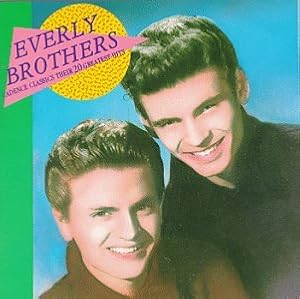
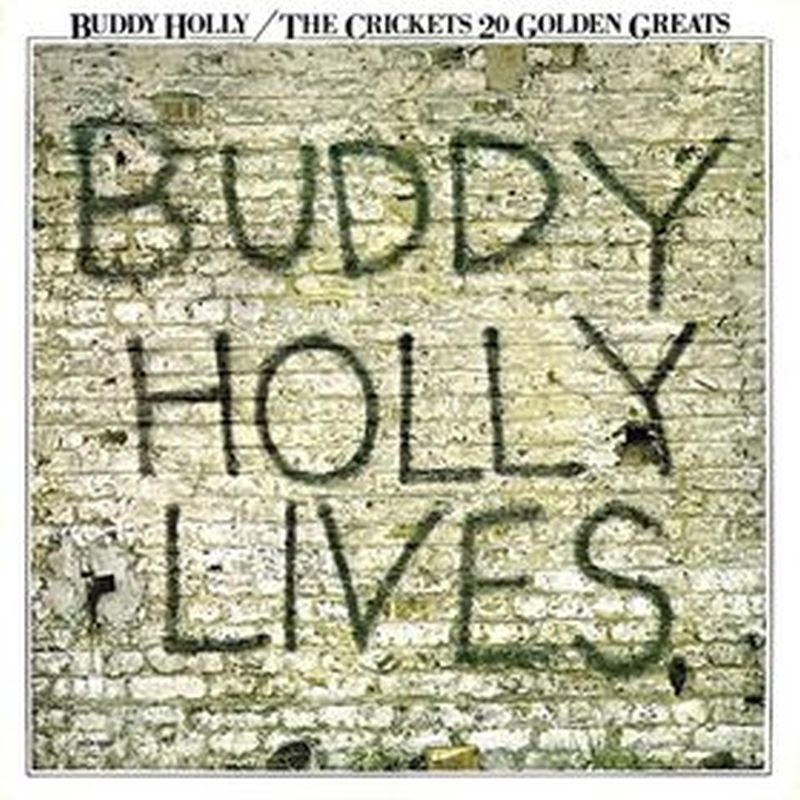
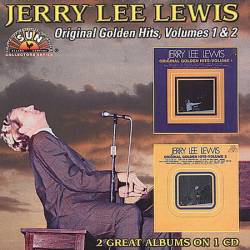
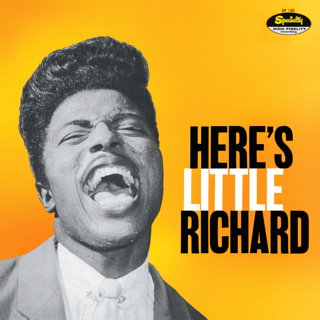



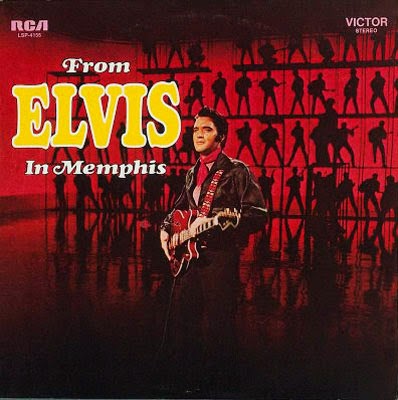


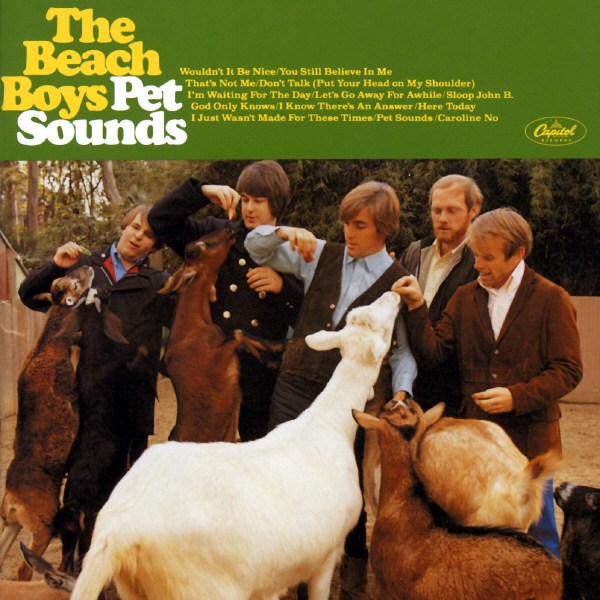

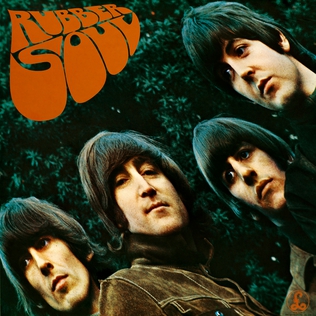

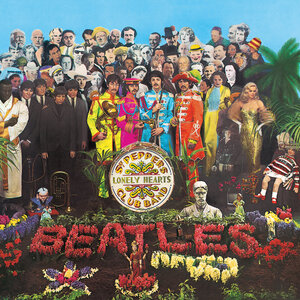

.jpg)











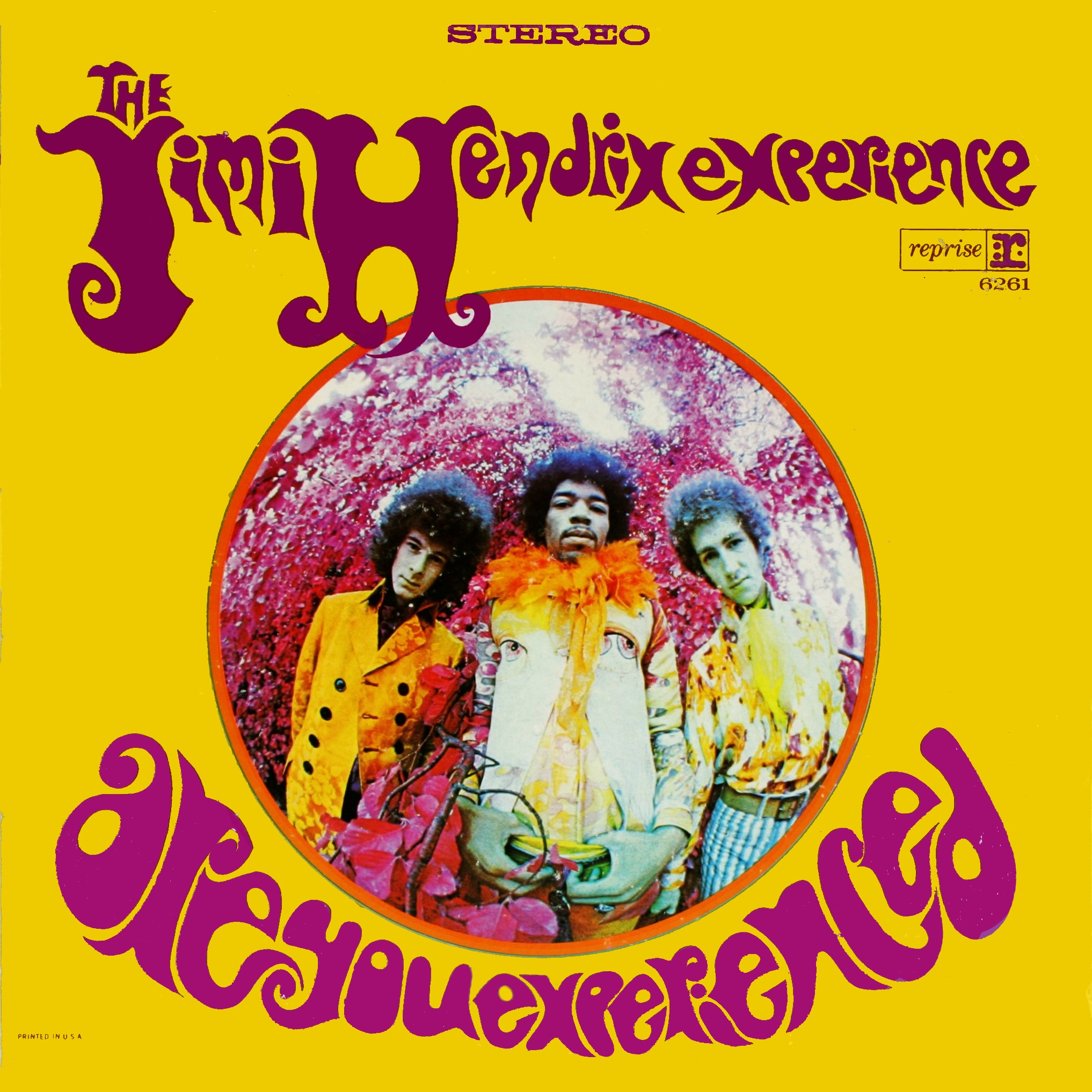















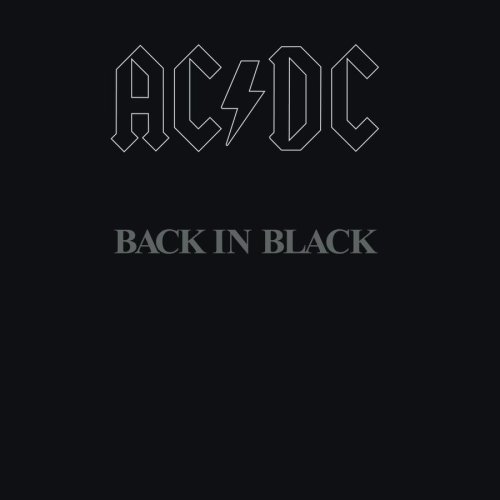


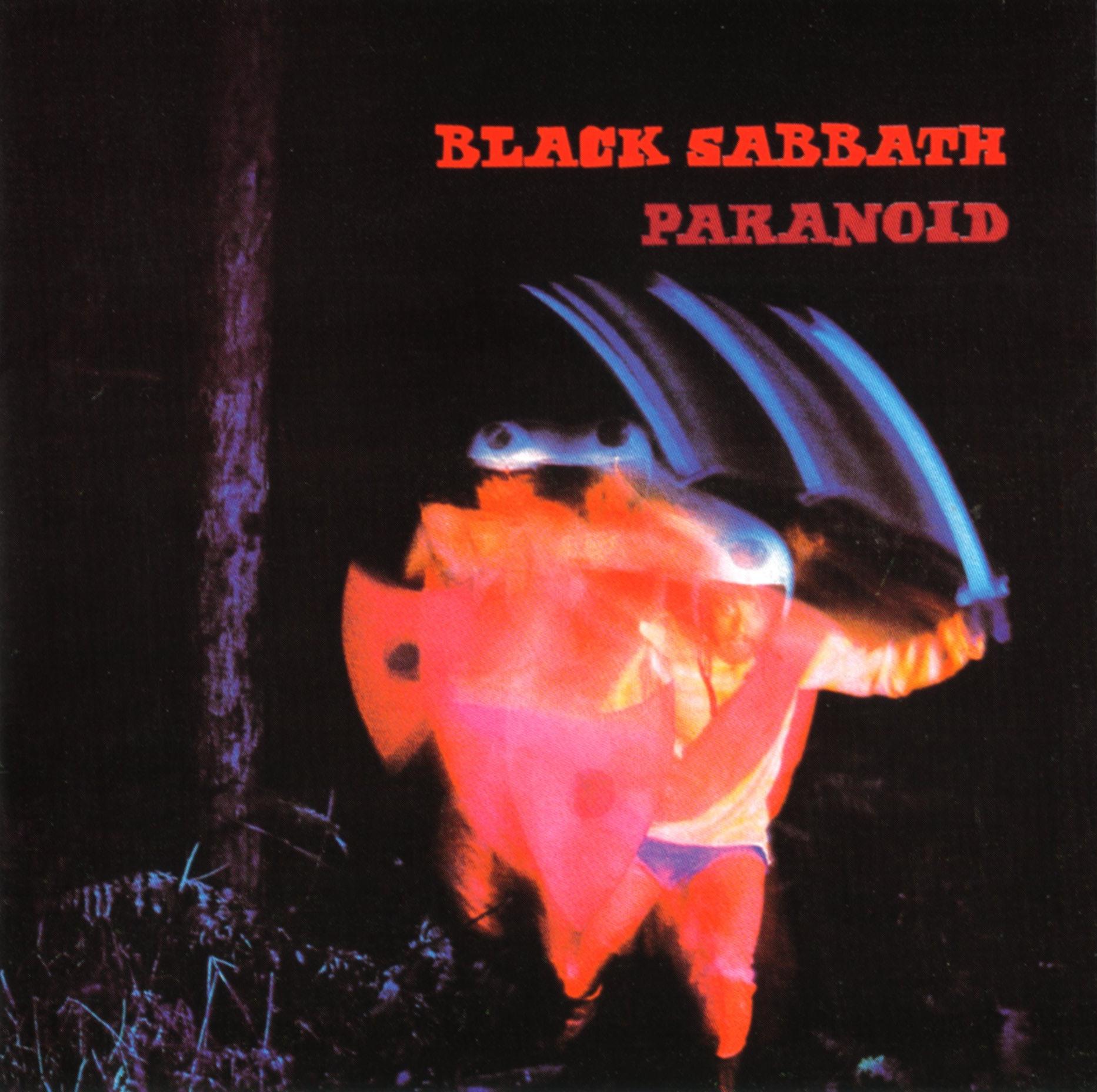
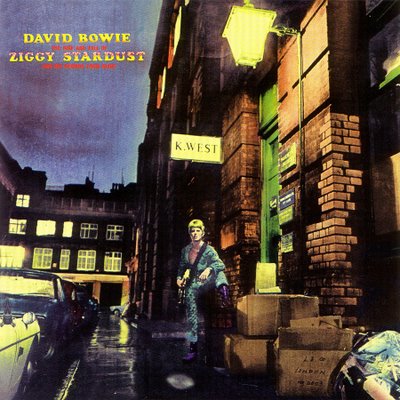
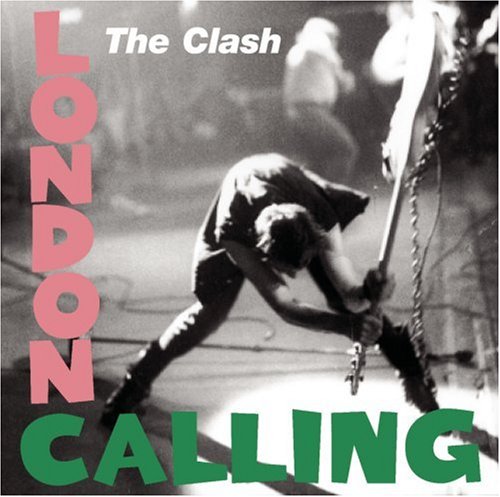







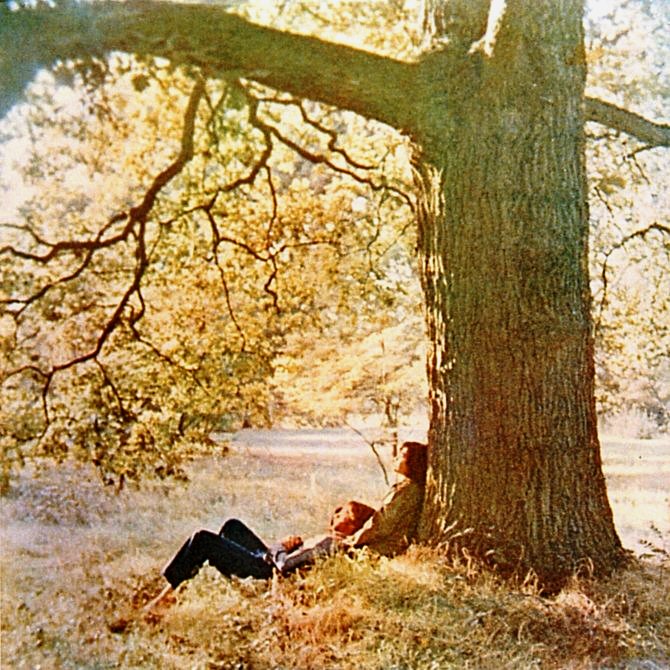

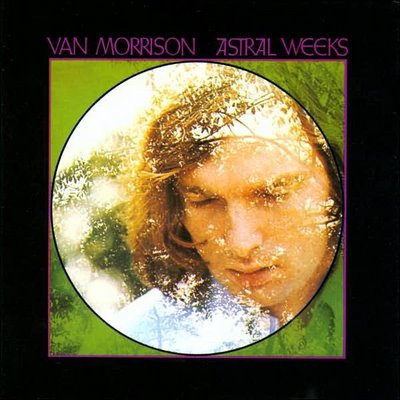

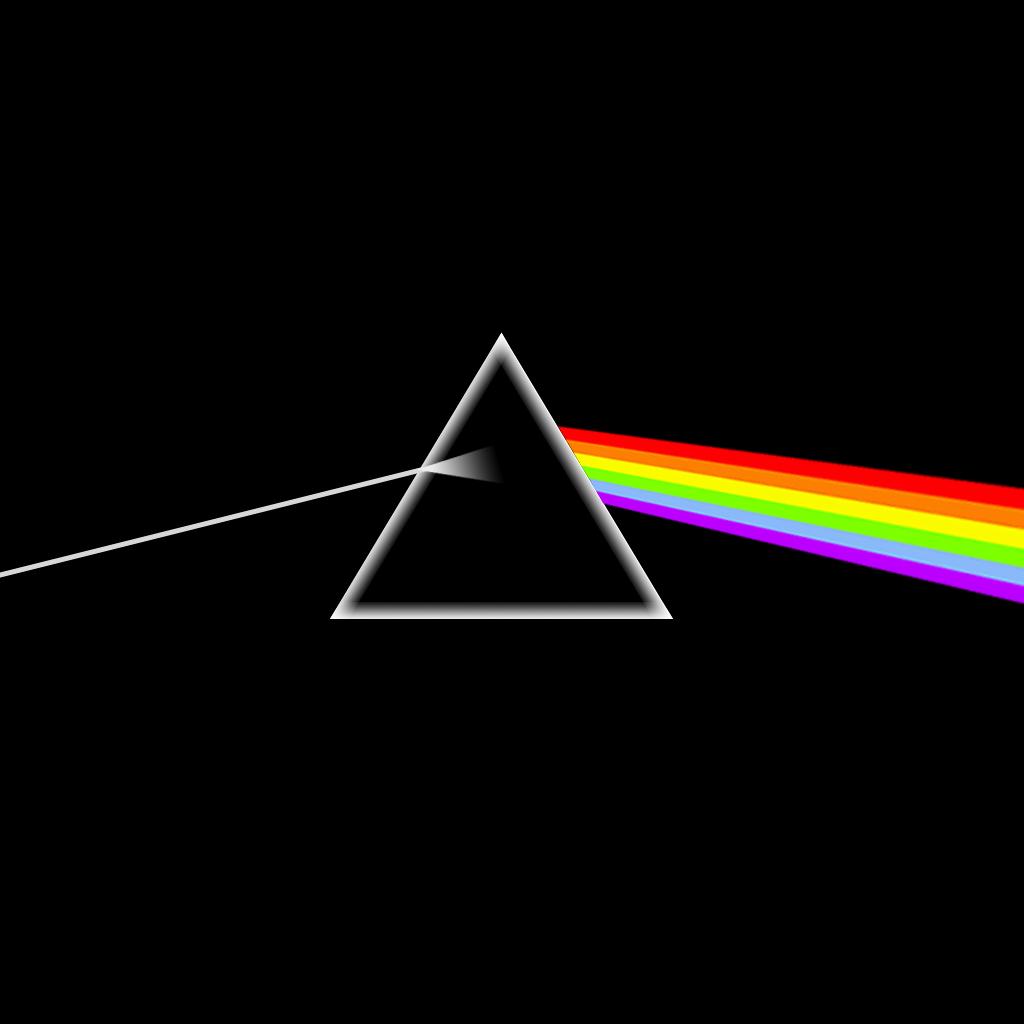
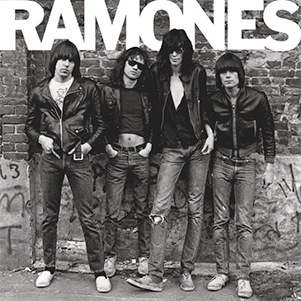







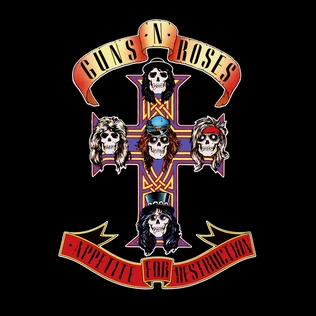


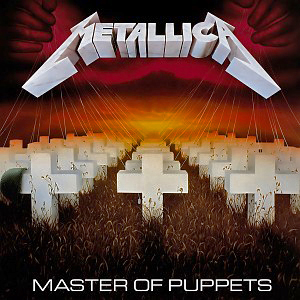
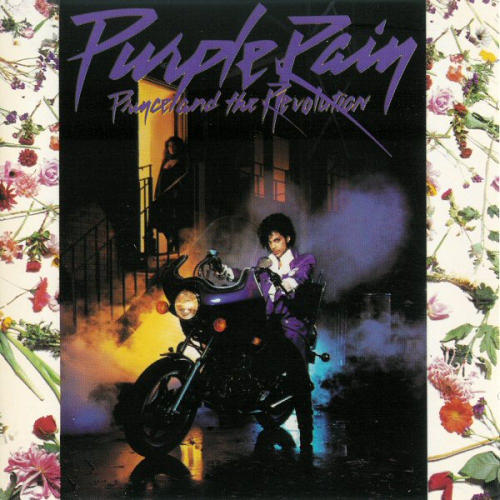
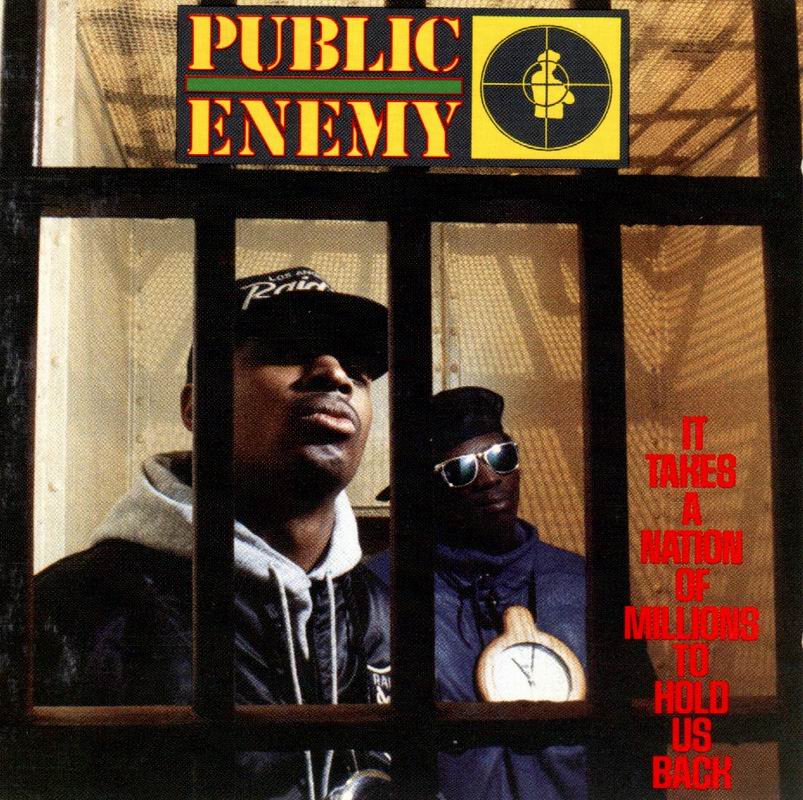
.jpg/220px-Raising_Hell_(Run_DMC_album_-_cover_art).jpg)







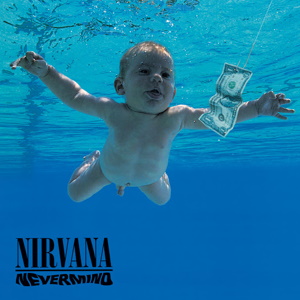






















































No comments:
Post a Comment